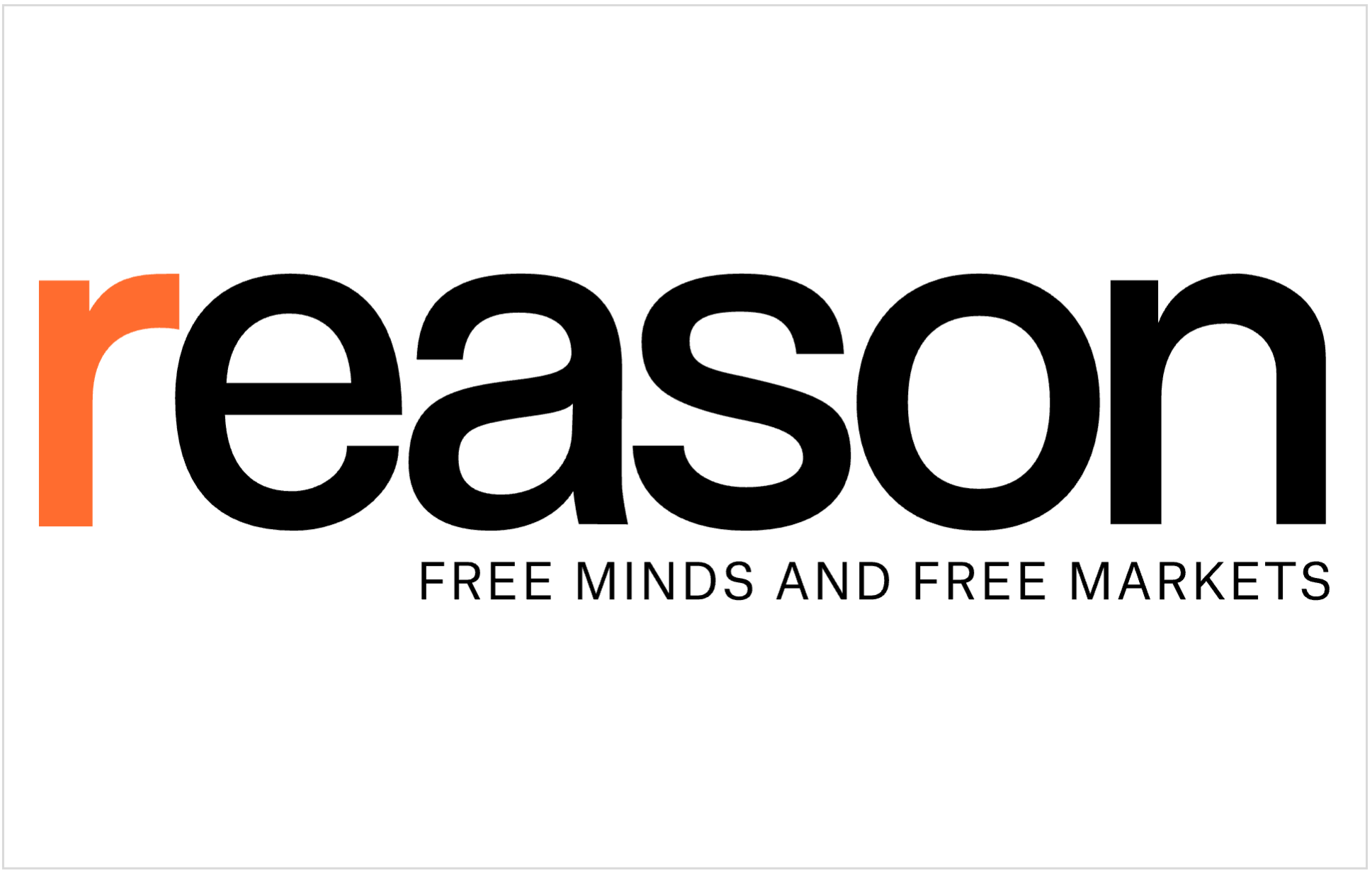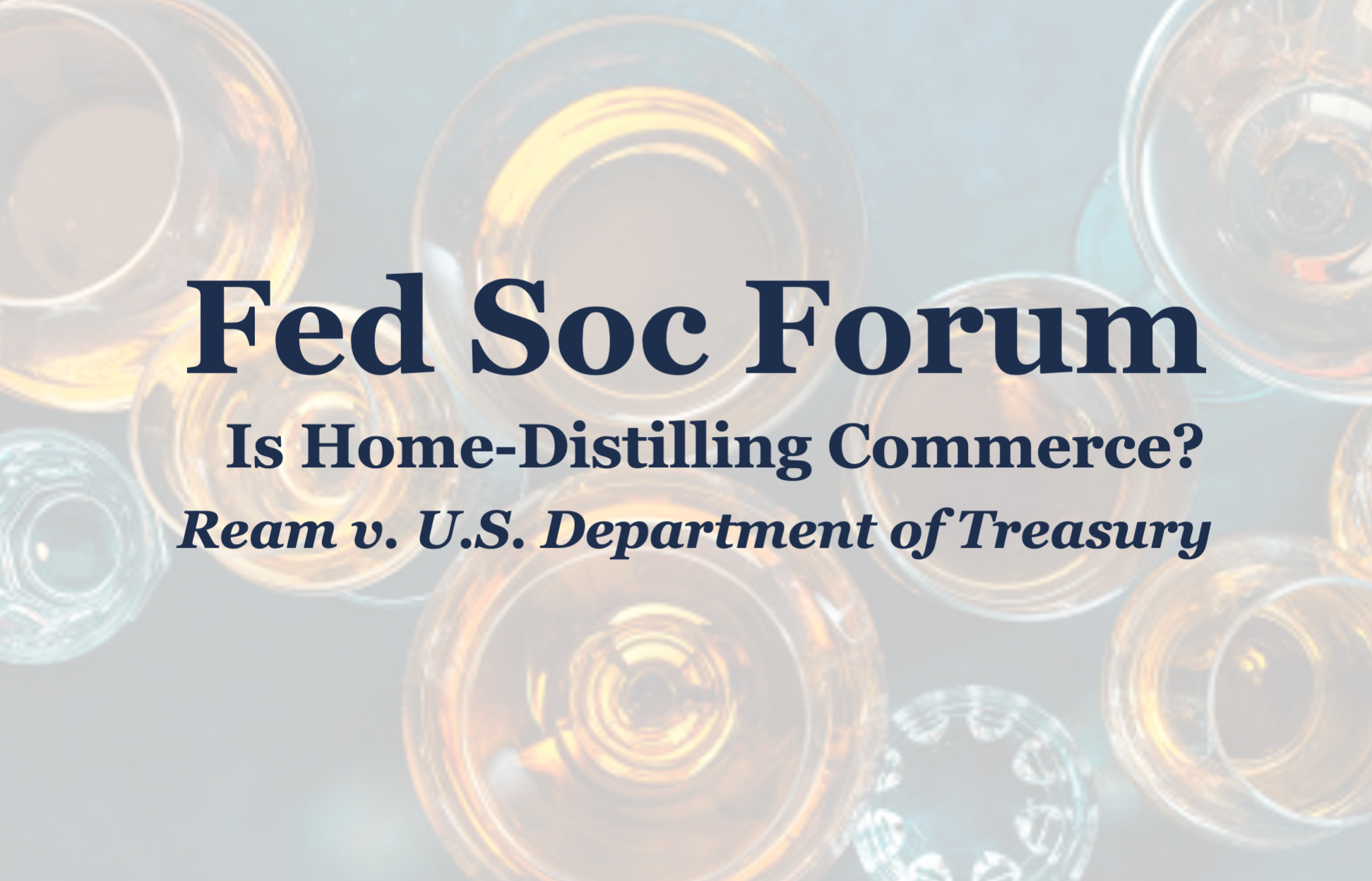|
|
Ream v. U.S. Department of Treasury |
For media inquiries, please contact:
Lisa Gates, vice president of communications
(614) 224-3255 or Lisa@BuckeyeInstitute.org
Background of the Case
Before they were married, John Ream’s wife Kristin gave him a home brewing kit as a gift. As an engineer, Mr. Ream “just dove into it. Brewing was the perfect combination of art and science, and my engineering brain just totally latched onto it.” After home brewing for nearly 10 years, Mr. Ream turned his hobby into his American Dream. The Reams returned home to Ohio and opened Trek Brewing Company in Newark, Ohio. Since 2017, this family-owned business has grown into a community gathering place that, through the Trek Community Fund, actively supports local organizations that make the area a better place to live.
Mr. Ream is proud that, through hard work, he has turned his home-brewing hobby into a community- and family-oriented business that financially supports his family and many other families.
Mr. Ream still has his hobbies, and one he wants to engage in is as American as apple pie and certainly a lot older—home distilling. Mr. Ream wants to distill small quantities of alcohol in his own home for his personal consumption. Just as he did after he received his home brewing kit, Mr. Ream wants to explore new flavors of his preferred drink, whiskey—specifically, the rye and Bourbon varieties. Mr. Ream is not undertaking this hobby haphazardly. He has extensively researched and studied the process of distilling—which he is legally able to do—and he is prepared to responsibly distill small quantities of alcohol.
If Mr. Ream undertakes this hobby, he is subject to a felony conviction, $10,000 in fines, and five years in prison. But Mr. Ream respects the law, and even though he believes the prohibition on home distilling is unconstitutional, he has not distilled alcohol and is prepared to obtain all necessary state and federal licenses needed and pay all applicable taxes. In other words, Mr. Ream wants to comply with state and federal laws—after he wins his case and can pursue his hobby legally.
Until then, Mr. Ream cannot pursue this hobby because the federal government criminalizes home distilling, which exceeds Congressional authority and is unconstitutional. But it isn’t just home distilling that is at stake. If Congress can prohibit home distilling, what’s to stop it from banning home bread baking, sewing, or vegetable gardening? Practically anything can be outlawed.

Facts of the Case
Current Status
The Buckeye Institute will file an appeal to the U.S. Court of Appeals for the Sixth Circuit.
Case Number
2:24-cv-00364
Originally Filed
January 30, 2024
Original Court
The case is pending with the U.S. District Court for the Southern District of Ohio, Eastern Division
Plaintiff
John Ream
Lawyers
Robert Alt, president and chief executive officer, The Buckeye Institute
Andrew M. Grossman, senior legal fellow, The Buckeye Institute, and partner, BakerHostetler LLP
David B. Rivkin, Jr., partner, BakerHostetler LLP
Kristin Shapiro, counsel, BakerHostetler LLP
Patrick T. Lewis, partner, BakerHostetler LLP
Claims in the Case
The federal prohibition on home distilling exceeds Congressional authority under Article I of the U.S. Constitution and violates the Tenth Amendment.
Timeline of the Case
April 8, 2025
The Buckeye Institute files its notice of appeal with the U.S. Court of Appeals for the Sixth Circuit in Ream v. U.S. Department of Treasury.
March 20, 2025
The U.S. District Court for the Southern District of Ohio issues its ruling dismissing Ream v. U.S. Department of Treasury.
August 28, 2024
The Buckeye Institute files its reply memorandum in support of cross-motion for summary judgment in Ream v. U.S. Department of Treasury.
May 23, 2024
The Buckeye Institute files its brief opposing the government’s motion to dismiss Ream v. U.S. Department of Treasury.
January 30, 2024
The Buckeye Institute files Ream v. U.S. Department of Treasury in the U.S. District Court for the Southern District of Ohio, Eastern Division.






